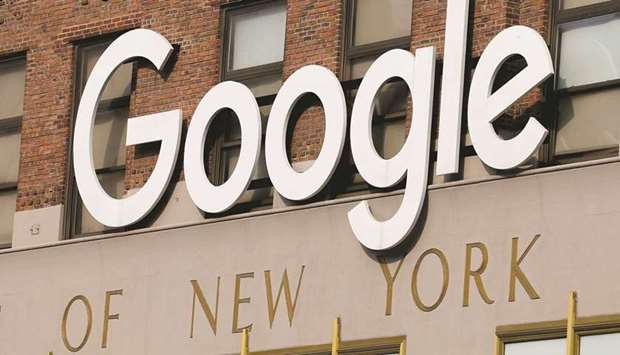A Booking.com global survey released in June laid bare the new expectations of travellers: Some 83% of 29,000 respondents said they found sustainable travel to be vital, with 61% noting that the pandemic has increased their interest in travelling sustainably.
Half added that finding a hotel with actual eco credibility isn’t easy — and they’re right. Hotels that take sustainability seriously don’t often shout it from the rooftops, while others tout themselves as green just for offering an option to skip daily laundering of linen.
The most significant new tool comes courtesy of Google. Starting on September 22, it will label hotels as “Eco-Certified” in global search results, with a leaf-shaped icon next to the hotel’s name. Clicking on the “About” tab will detail the property’s specific sustainability practices, such as having water use audited by an independent organisation or using energy from carbon-free sources.
The new feature relies on 29 certification programmes to do the hard work of establishing a hotel’s green credibility; the property must have an array of sustainability measures audited by third-party experts. It’ll be up to hotel staff, rather than the search engine, to update hotel listings, using the free Google My Business Profile.
The move is intended to offer travellers more transparency against greenwashing, which runs rampant in the hospitality industry. It also responds to increased search volume around eco-travel buzz words. The term “green hotel,” for instance, has quadrupled in search volume since March 2020, according to Google Trends.
EarthCheck is among the strictest of the eco credentials Google will recognise. Created in 2000 by Australia’s Sustainable Tourism Co-operative Research Centre (STCRC), the benchmarking system is constantly updated according to the latest research. It already works with 550 hotels globally, including the Langham Hospitality Group, which has cut its energy and carbon intensity by one-third since joining the programme in 2011. This month, Belmond, a brand owned by LVMH, announced it would begin the EarthCheck certification process for not only all of its 34 hotels but also its restaurants, cruise ships, and trains. This means that guests staying at Belmond’s properties in Peru can look forward not only to gourmet dining in partnership with the farmers of the Huama community, but also to a lighter-footprint journey to Machu Picchu aboard the brand’s iconic Hiram Bingham train.
Other notable certifications Google will recognise include Green Key, LEED, Green Seal, and Green Globe — all of which have been around for decades — as well as such relative newcomers as the Green Growth 2050 Standard, which since 2015 has been measuring hotels and resorts across 200 sustainability-related metrics. Green Growth has a seal of approval from the Global Sustainable Tourism Council (GSTC), which provides accreditation for certification bodies. Some programs have only a handful of hotels under their umbrella; stumbling upon them without Google’s help would be challenging at best.

Starting on September 22, Google will label hotels as u201cEco-Certifiedu201d in global search results, with a leaf-shaped icon next to the hotel’s name
